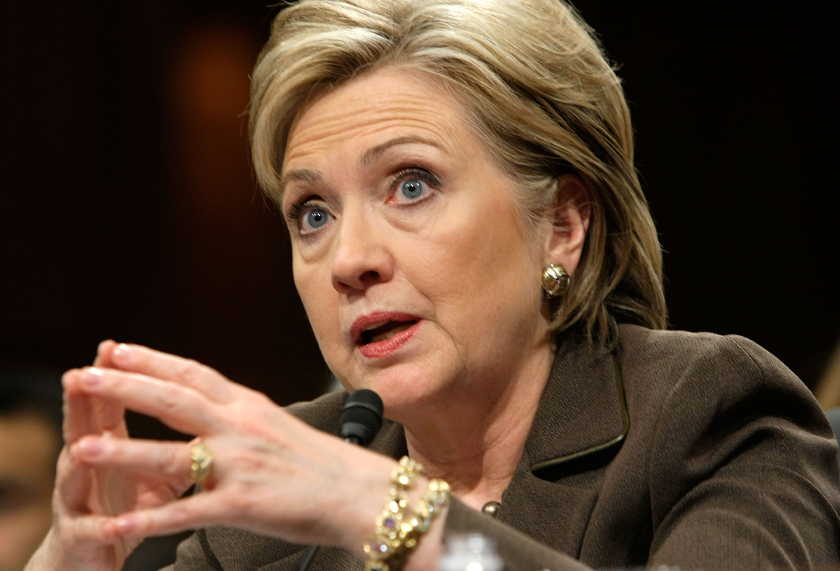
During a recent interview, when Christian Broadcasting Network’s David Brody asked Republican presidential candidate Donald Trump whether he cries, Trump replied that he is “not a big crier.” He said he likes “to get things done,” but is “not someone who goes around crying a lot.” His statement generated plenty of media coverage, mostly focusing on the underlying message of the statement—that criers cannot be doers, and by extension, might be unfit for the most powerful office of the country.
At another interview, talk show host Amanda de Cadenet asked Hillary Clinton how she processes all the emotion coming at her. “As a woman, in a high public position seeking the presidency as I am, you have to be aware of how people will judge you for being “emotional,” and so it’s a really delicate balancing act,” Clinton said. Her statement was particularly revealing, considering that in the past she has been criticized for her failure to show compassion and connect with voters at an emotional level.
The two contrary positions toward emotions from candidates who are both running for the highest office in the country can be attributed in part to gender dynamics in politics.
Voters tend to associate women with expressive qualities such as compassion, warmth, gentleness, and kindness, while men are associated with agentic qualities such as competitiveness, self-confidence, aggressive, ambition, independence, strength, and toughness.
As a result of these trait stereotypes, women are expected to be more competent in dealing with social issues such as education, welfare, and environment, which involve looking after the most vulnerable sections of society, while men are expected to be better at handling issues such as foreign policy, defense, and the economy, which require them to make decisions about the overall safety and security of the country and deal with threat. Since the office of the president is associated with “male” issues such as foreign policy, defense and the economy, it is often considered “masculine.”
In terms of emotions, considering that women have traditionally played the roles of nurturer and caregiver, they are commonly associated with emotions such as happiness, embarrassment, surprise, sadness, disgust, warmth, fear, anxiety, and shame. Men, on the other hand, are associated while anger, contempt, and pride.
Given the link between candidate gender and office, Clinton’s bid for the presidency puts her in direct odds with the stereotypes literature. If she portrays herself as a tough, no-nonsense leader, she could be upending the stereotypes associated with women candidates and creating dissonance in the minds of voters. On the other hand, portraying herself as too emotional would raise doubts about her appropriateness for the office of the president. She seems to be aware of the delicate balance between femininity and toughness that she needs to display in order to be successful. In her 2008 presidential bid, she largely shunned her feminine, emotional side, but in the 2016 campaign, she has tried to portray herself as a loving grandmother as well as a tough leader committed to issues of national security as well as reproductive rights. This strategy might help her successfully navigate the gendered aspect of the presidency.
About the Author: Newly Paul is Assistant Professor of Communication at Appalachian State University. Her research focuses on political advertising, political communication, and race and gender in politics. Her website is newlypaul.weebly.com.
